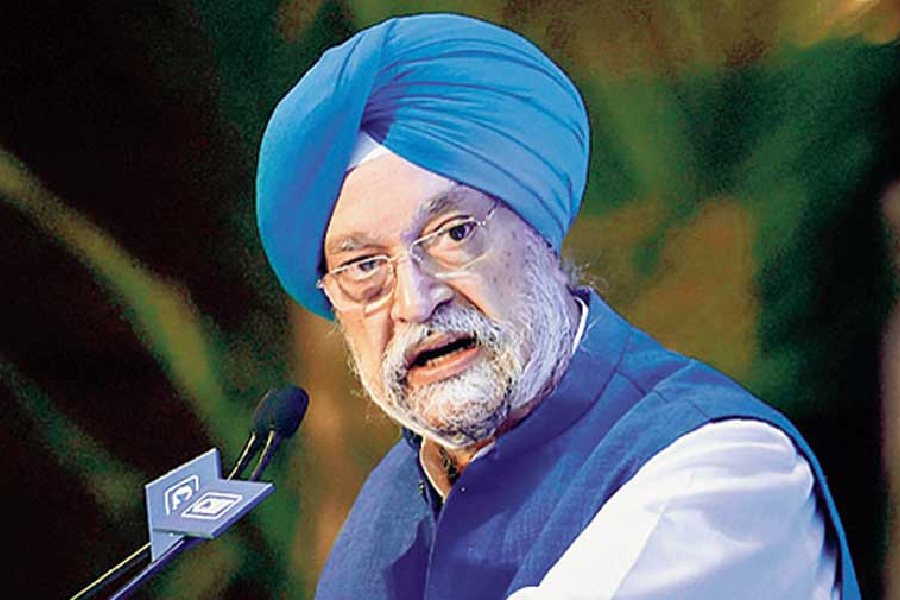Union minister Hardeep Singh Puri on Sunday attacked the Congress over the imposition of Emergency in 1975, while asserting that it was the only time when the country''s democracy was trampled".
Addressing a public meeting in north east Delhi''s Babarpur area, he called the Emergency a "black day" in the country''s democracy. Not only political activists but students and journalists were also put behind bars, he said.
The then Indira Gandhi government imposed the Emergency on this day in 1975, suspending civil liberties and censoring the press. The morning after a crackdown began on opposition leaders and activists with scores of them being jailed across the country. The Emergency was lifted on March 21, 1977.
Recalling those days, Puri said he was a student of the Delhi University. "I was around 22-years-old. Our generation and the generation after won''t forget what happened at that time. Arun Jaitley, who is no longer with us, was put in jail. Our leaders Atal Bihari Vajpayee and LK Advani were also jailed in Karnataka, he said.
Puri said India is the "biggest democracy and went on to quote Prime Minister Narendra Modi who said India is the mother of democracy''.
"But some people of that family and party worry about democracy and minorities when they go out of the country. I want to remind the youth leader of that party that on June 25, 1975, your grandmother had imposed the Emergency. It was only at that time in the country''s history when democracy was trampled," he claimed in an apparent reference to Congress leader Rahul Gandhi.
The housing and urban affairs minister said when the youth leader was 13, around 2,000 people from the minority community were killed in Assam and when he was 14, "3,000 people from my community were massacred .
He was apparently referring to Nellie massacre in central Assam in 1983 where minorities, especially Muslim immigrants of East Bengal origin, were targeted. The anti-Sikh riots in Delhi following the assassination of Indira Gandhi in 1984 had also claimed many lives from the Sikh community.
"Who are these people to talk about minorities and democracy?" Puri asked.
The Union minister also highlighted the achievements of nine years of the Modi government, while asserting that the prime minister''s schemes are appreciated across the world.
He also attacked Delhi Chief Minister Arvind Kejriwal over non-implementation of the Centre''s ambitious Ayushmann Bharat scheme.
Ayushman Bharat Pradhan Mantri Jan Arogya Yojana is a national public health insurance scheme of the Government of India that aims to provide free access to health insurance coverage for low income earners in the country.
Talking about India’s response towards coronavirus pandemic, Puri noted, "We not only faced the epidemic, but also saved many lives by making an indigenous vaccine. We also helped many countries, including the developed ones.” A documentary film based on the Emergency period was also screened.
Former Gujarat chief minister Vijay Rupani claimed that there were many terrorist attacks during Manmohan Singh's Congress government, but “India did not retaliate", adding that the situation has changed under the Modi regime.
Except for the headline, this story has not been edited by The Telegraph Online staff and has been published from a syndicated feed.











